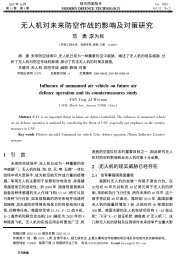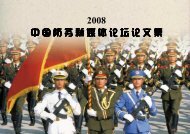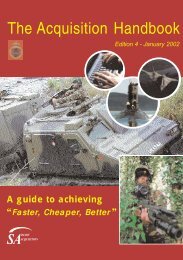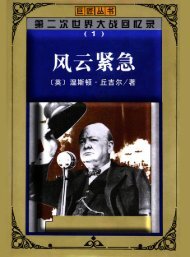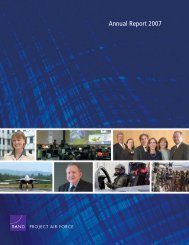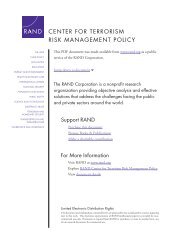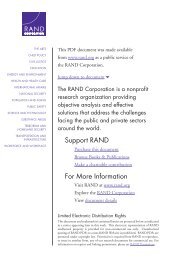How Terrorist Groups End - RAND Corporation
How Terrorist Groups End - RAND Corporation
How Terrorist Groups End - RAND Corporation
You also want an ePaper? Increase the reach of your titles
YUMPU automatically turns print PDFs into web optimized ePapers that Google loves.
<strong>End</strong>ing the “War” on Terrorism 135<br />
stan called on the Taliban to abandon violence and support the Afghan<br />
government in the name of Islam. They also called on the religious<br />
scholars of neighboring countries—including Pakistan—to help counter<br />
the activities and ideology of the Taliban and other insurgent organizations.<br />
29 A number of Afghan Islamic clerics publicly supported the<br />
Afghan government and called the jihad un-Islamic. 30 Moreover, the<br />
Ulema Council and some Afghan ulama issued fatwas, or religious<br />
decrees, that unambiguously oppose suicide bombing. They argued<br />
that suicide bombing did not lead to an eternal life in paradise, did<br />
not permit martyrs to see the face of Allah, and did not allow martyrs<br />
to have the company of 72 maidens in paradise. These efforts were<br />
more effective than U.S.-led information operations, such as dropping<br />
leaflets.<br />
This strategy was accomplished successfully during the Cold War<br />
when applied appropriately. During the Cold War, the United States<br />
believed that internal security assistance was critical to prevent certain<br />
countries from falling under Soviet influence. 31 The Office of Public<br />
Safety, which was established in 1962 in USAID, trained more than<br />
1 million foreign police during its 13-year tenure. 32 President John<br />
F. Kennedy, for example, believed that Moscow sought to strengthen<br />
its international position by pursuing a strategy of subversion, indirect<br />
warfare, and agitation designed to install communist regimes in the<br />
developing world. In March 1961, President Kennedy told the U.S.<br />
Congress that the West was being “nibbled away at the periphery” by<br />
a Soviet strategy of “subversion, infiltration, intimidation, indirect or<br />
non-overt aggression, internal revolution, diplomatic blackmail, guerilla<br />
warfare or a series of limited wars.” 33 He concluded that providing<br />
assistance to police and other internal security forces was critical<br />
29 “Religious Scholars Call on Taliban to Abandon Violence,” Pajhwok Afghan News, July<br />
28, 2005.<br />
30 “Taliban Claim Killing of Pro-Government Religious Scholars in Helmand,” Afghan<br />
Islamic Press, July 13, 2005.<br />
31 Gaddis (1982); Brands (1993).<br />
32 Call (1998, p. 317); also see Huggins (1998, p. 111).<br />
33 Kennedy (1962).




